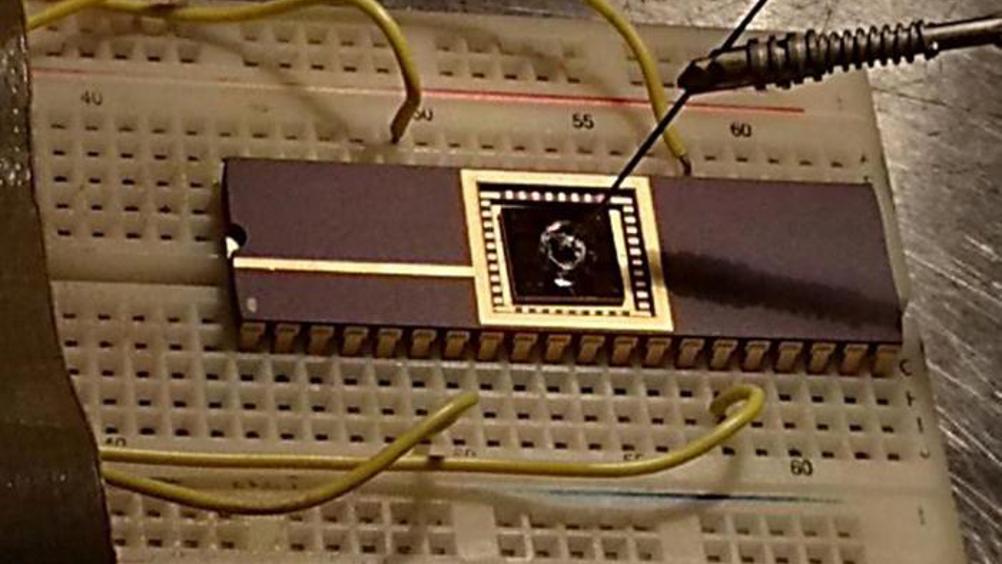Engineers develop lead ion sensor with ‘unprecedented sensitivity’
Engineers have developed an ultra-sensitive sensor made with graphene that can detect extremely low concentrations of lead ions in water.

Developed by a team at the University of California San Diego, the device reportedly achieves a record limit of detection of lead down to the femtomolar range, which is one million times more sensitive than previous sensing technologies. The work is described in a paper published in Nano Letters.
“With the extremely high sensitivity of our device, we ultimately hope to detect even the presence of one lead ion in a reasonable volume of water,” said Prabhakar Bandaru, a professor in the Department of Mechanical and Aerospace Engineering at the UC San Diego Jacobs School of Engineering. “Lead exposure is a serious health concern, and it has been indicated that a lead concentration at the level of parts per billion in drinking water could lead to pernicious outcomes, such as stunted human growth and development.”
The device consists of a single layer of graphene mounted on a silicon wafer. The researchers enhanced the sensing capabilities of the graphene layer by attaching a linker molecule to its surface that serves as the anchor for an ion receptor and lead ions.
Register now to continue reading
Thanks for visiting The Engineer. You’ve now reached your monthly limit of news stories. Register for free to unlock unlimited access to all of our news coverage, as well as premium content including opinion, in-depth features and special reports.
Benefits of registering
-
In-depth insights and coverage of key emerging trends
-
Unrestricted access to special reports throughout the year
-
Daily technology news delivered straight to your inbox










Water Sector Talent Exodus Could Cripple The Sector
Maybe if things are essential for the running of a country and we want to pay a fair price we should be running these utilities on a not for profit...